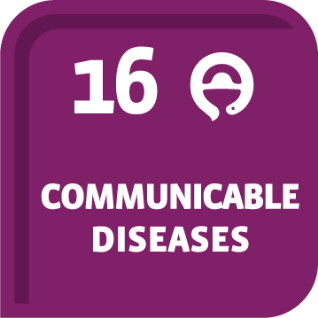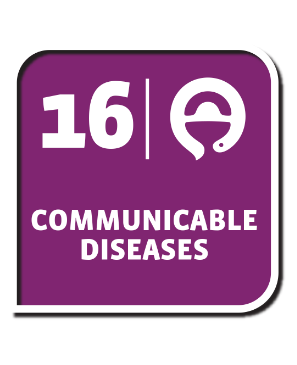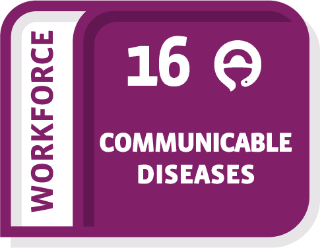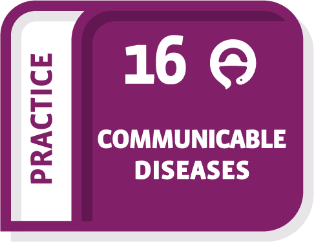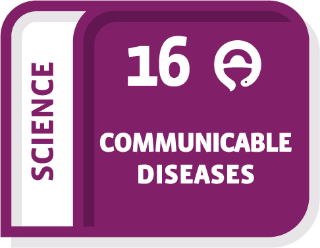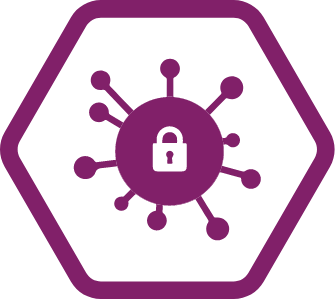Vaccination
Pharmacists make a huge contribution to improving vaccination coverage throughout the life course and ensuring access to vaccines that are relevant for every age group. They do this through a variety of roles, from providing evidence-based advice on vaccines, to administering vaccines, to keeping vaccination records.
More InfoInfectious diseases
Pharmacists are ideally placed to support communities and patients in protecting themselves against these diseases through awareness-raising campaigns and advice, education on vector-control methods and disease prevention, vaccine administration and advocacy, treatment optimisation, supporting patients’ physical and mental well-being, and reducing social stigma
More Info
